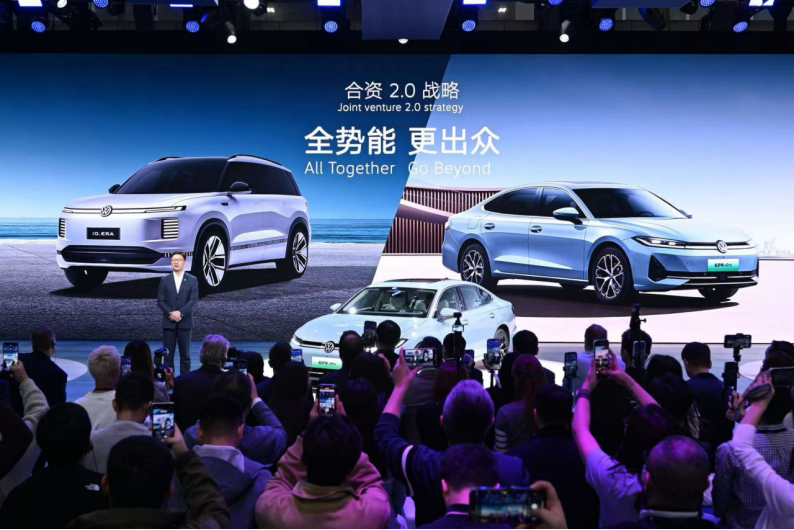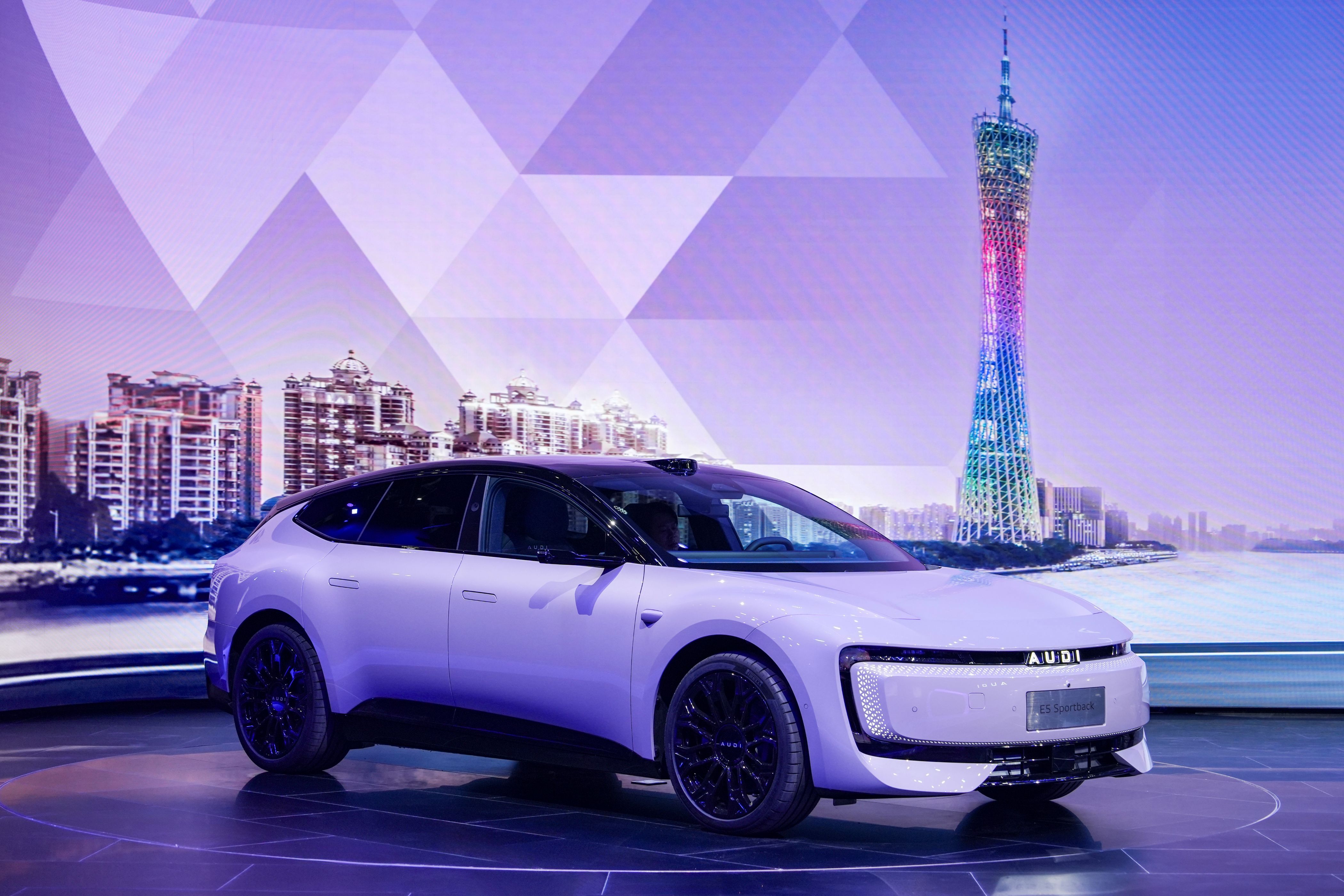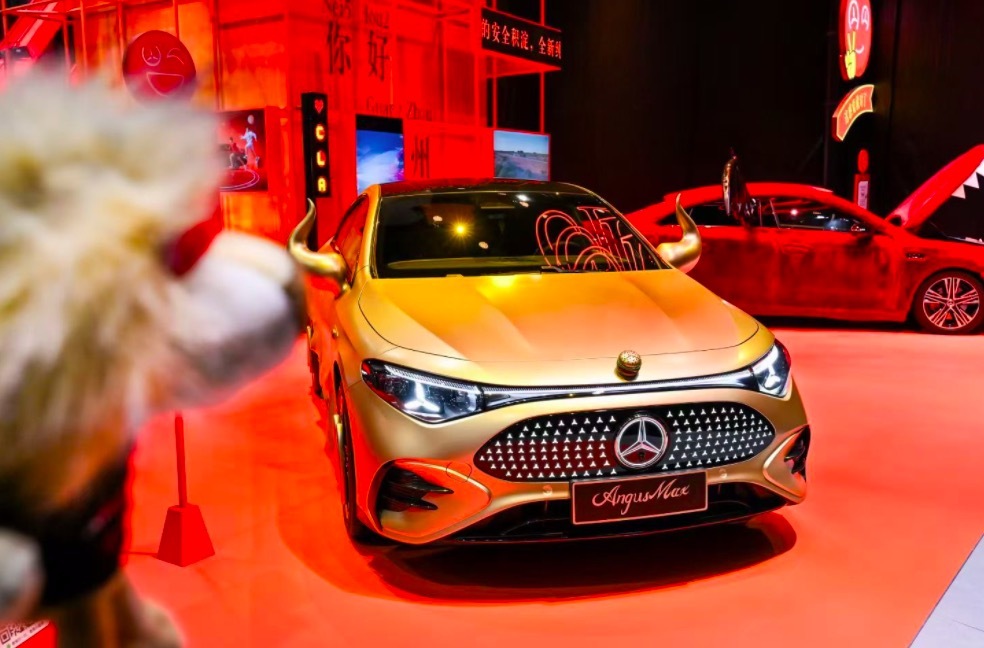
At the 2025 Guangzhou Auto Show, while many brands were vying for attention with huge screens, loud engine noise, and radical "technology equality" slogans, the Lincoln booth presented a completely different atmosphere: instead of blindly showing off parameters, it created a relaxing haven with a spacious "four waters returning to the hall" style, thoughtful massage seats, and an immersive experience area focused on "comfort".

This booth's atmosphere is a microcosm of Lincoln's "steady progress" in the Chinese market. Against the backdrop of industry-wide homogenization and price wars, Lincoln has not chosen to blindly follow trends or aggressively lower prices. Instead, it has forged a unique and healthy development path through streamlining its network structure, clarifying its brand identity, and achieving breakthroughs in its export business.
This "steady progress" is not conservatism, but a rare strategic resolve amidst a noisy market. It proves that beyond the waves of electrification and intelligentization, the luxury car market still has a solid track centered on "deep experience" and "systemic health."
Penetrating the Fog of Homogenization with "Comfort" and "All-Road Conditions"
As competitors' labels became increasingly blurred, Lincoln successfully anchored its brand image as "comfort" and its product image as "all-terrain luxury," thus establishing a clear brand image in the minds of consumers.
Lincoln's understanding of "comfort" transcends mere product configuration; it's a systematic sensory engineering approach. Lincoln China President Jia Mingdi aptly explained the relationship: "Among luxury vehicles with all-terrain capabilities, Lincoln is undoubtedly the most 'comfortable'; and among all 'comfortable' cars, Lincoln's all-terrain capabilities are certainly among the best." This statement reveals Lincoln's unique market positioning: not simply competing in existing dimensions, but finding that overlooked intersection in an overly segmented market.
Behind this positioning lies Lincoln's profound understanding of the needs of luxury car buyers. In an interview, Jia Mingdi explained their "funnel thinking": starting with buyers with a budget of 300,000 yuan, then moving on to those demanding brand recognition and technological innovation, then pursuing all-terrain capabilities, and finally seeking a differentiated experience. Through this layered selection process, they aim to "make users feel that 'all-terrain luxury' can only be found in Lincoln." This rigorous user selection logic ensures the accuracy of the brand positioning.
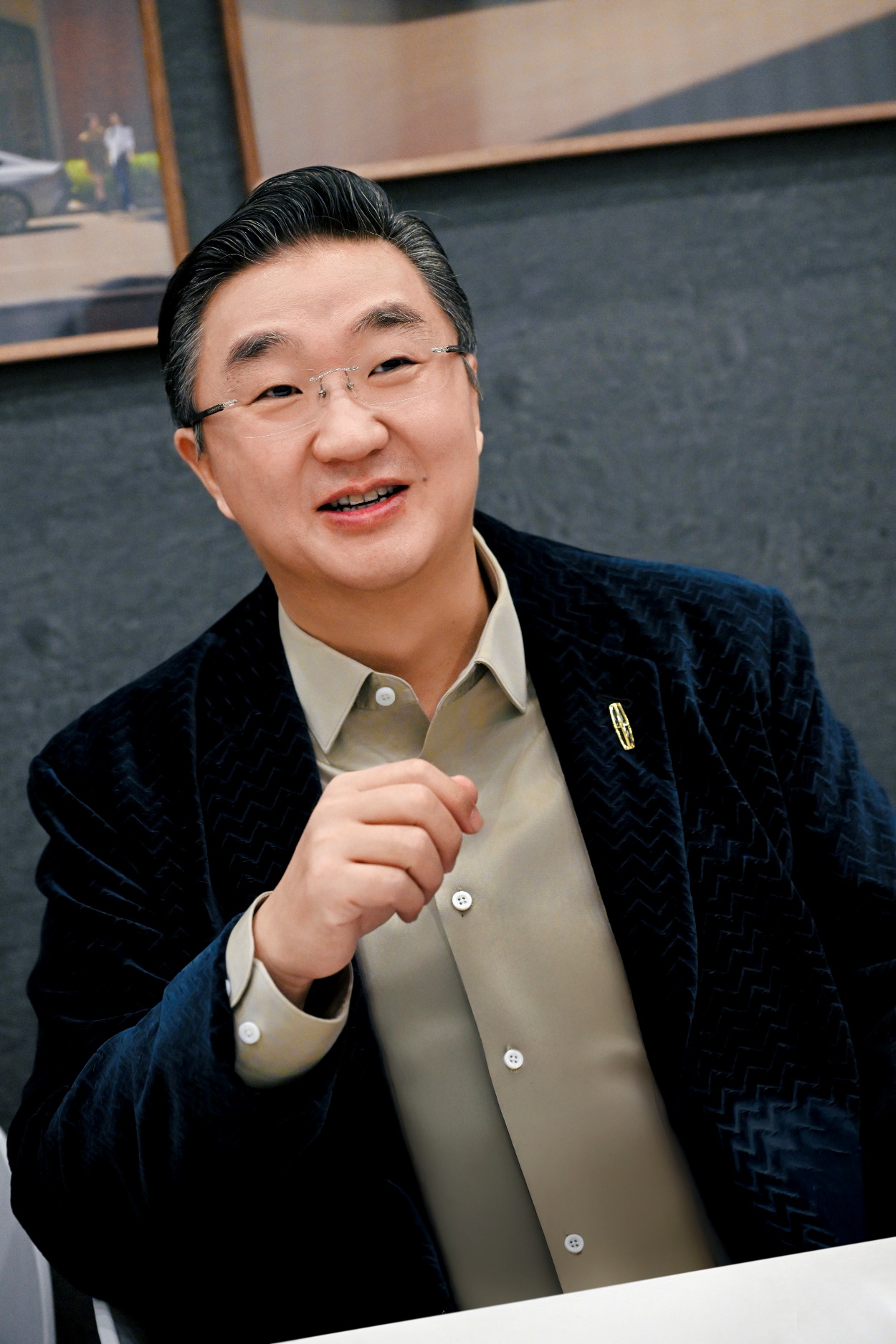
At the same time, Lincoln's "all-terrain luxury" is not a crude transplant of hardcore off-road vehicles, but rather an ability to extend the boundaries of luxury from city roads to a wider world. Through in-depth experiences in places like the Hulunbuir Grassland and the Ford Off-Road Park in Jining, and the upcoming opening of the second Ford Off-Road Park in Liuzhou, which includes exclusive Lincoln all-terrain experience routes, Lincoln allows users to personally experience the perfect fusion of "all-terrain capability" and "ultimate comfort."

The virtuous cycle of "sparks spreading like wildfire" and "Lincoln Way Pro"
If brand positioning is the direction, then channel transformation is the road to the goal. Lincoln's "stability" is reflected in the health and resilience of its channel network.
The "Spark Spreads Like Wildfire" lightweight strategy represents a transformation of the traditional luxury brand channel model. This transformation has yielded remarkable results. Jia Mingdi revealed, "Previously, opening a Lincoln dealership required an average investment of about 30 million yuan; the 12 new dealerships opened this year have saved a total of 240 million yuan in investment." Simultaneously, Lincoln's lightweight transformation of existing large showrooms is expected to save 40 million yuan in costs. Behind these figures lies a fundamental shift in business logic. From relying on "high investment and large showrooms" to create a sense of distance, the strategy is shifting towards building intimacy through "lightweighting and high efficiency," making American luxury accessible.
More importantly, cost reduction is not about shrinking, but about increasing efficiency. Jia Mingdi emphasized: "The purpose of lightweighting is to reduce hardware investment costs for dealers while improving service quality." When dealers' sales pressure is reduced, they will devote more energy to the "Lincoln Way Pro" service, which includes newly added hardware facilities such as garment care machines and ultrasonic glasses cleaning machines, as well as, most importantly, humanistic care for users.

These investments directly translate into tangible benefits for users. Jia Mingdi shared a vivid example: a media outlet conducted a surprise visit to a Lincoln dealership in Harbin, and the service experience with the Lincoln Way Pro left a deep impression on them, prompting them to proactively share the experience on their WeChat Moments. "This is excellent, natural word-of-mouth marketing," Jia Mingdi stated. "Ultimately, it's the dealerships that face the users, and only when the service experience is truly implemented on the front lines can genuine user word-of-mouth be generated."
Driven by both global recognition and local expertise
Channel reforms have solidified Lincoln's "stability," while business breakthroughs with a global perspective demonstrate its "progress." Export business has become a significant highlight for Lincoln this year. In 2024, the Lincoln Navigator won the North American MotorTrend "2025 SUV of the Year" award, marking the first time since the globally renowned automotive magazine's founding in 1949 that this award has been given to a China-made model.
Jia Mingdi revealed the product methodology behind this. Based on market feedback, they brought the exterior design, personalized interior, and exclusive blacked-out sports package from high-end models to the entry-level model, launching the Atlantis AWD Premium Edition with "high-end looks and entry-level features." This agile market responsiveness demonstrates Lincoln's accurate grasp of the needs of Chinese consumers.
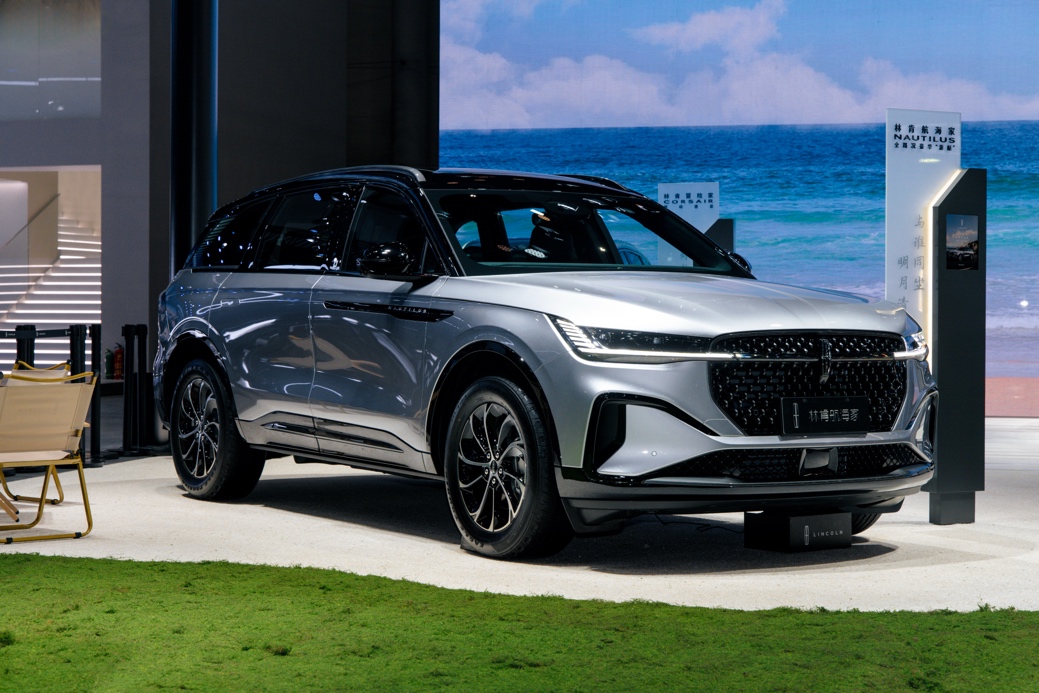
In terms of localized operations, Lincoln has built a unique digital dealer ecosystem. Here, technology is not a tool for showing off, but a cornerstone ensuring the consistency of the "Lincoln Way." Jia Mingdi stated, "By empowering dealers with modern technology and data, we can improve service quality and experience."
Specifically, each Lincoln dealership uses AI-powered camera surveillance in the showroom for area monitoring. For example, an alarm is triggered if the front desk is unattended for more than two consecutive hours, and the after-sales area uses digital tools to track vehicle entry and exit times to assess repair efficiency. This system ensures consistent service standards are maintained, building the warm "Lincoln Way" on a solid digital foundation.
End
Looking back on Lincoln's journey in China, 2025 is a crucial year.
On the network front, lightweighting and experience upgrades go hand in hand; on the brand front, the labels of "comfort" and "all-terrain" are becoming increasingly prominent; on the business front, export breakthroughs and steady dealer performance coexist. Jia Mingdi pointed out the logic behind this: "The profitability of dealers is the foundation of the health of Lincoln's entire network." He revealed: "The profitability of dealers is the foundation of the health of Lincoln's entire network... We were second in the industry last year and this year."
Looking ahead, Lincoln's path is becoming increasingly clear. As Dr. Jia Mingdi said, "The pace is important, but walking steadily is even more important." While the industry is collectively anxious about "speed," Lincoln has chosen "stability." When asked how to deal with price wars, he showed rare composure: "When you see posts criticizing low sales, you have to be able to resist. Lincoln refuses to exchange price reductions for sales volume, not because it can't, but because it wants to ensure the healthy and sustainable development of the brand."
This strategic patience, centered on deep user experience and systemic health, is a rare quality in the current automotive industry. This not only allows it to carve out a differentiated path in today's fiercely competitive market, but also potentially provides a valuable case study for the entire industry on how to navigate rapid changes and achieve sustainable growth. Lincoln's "steady progress" is quietly defining the connotation of luxury in the new automotive era.
